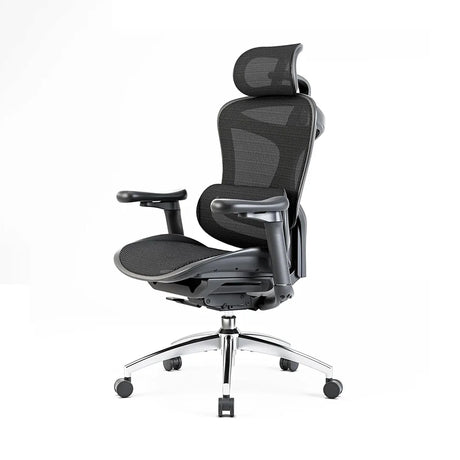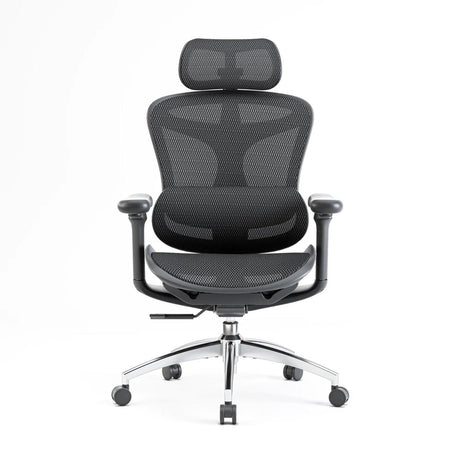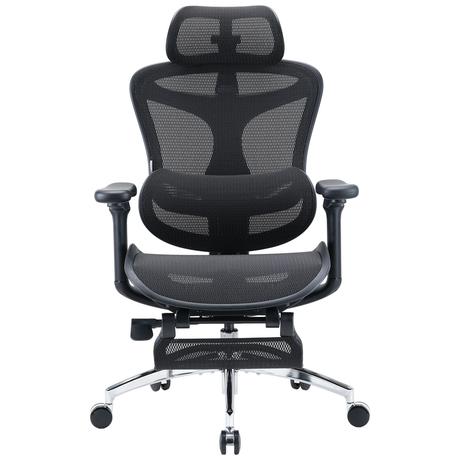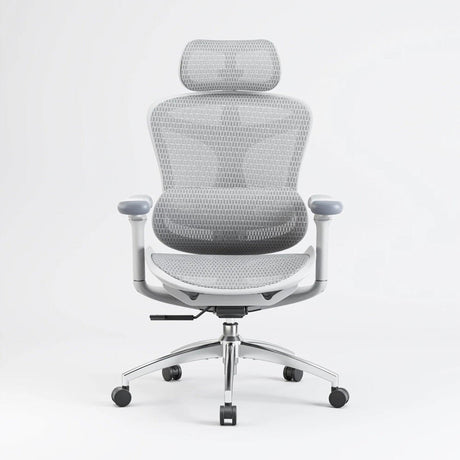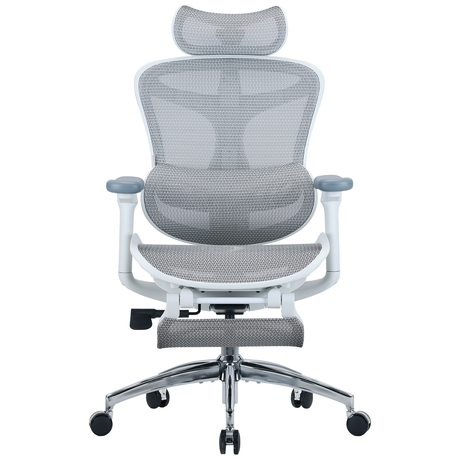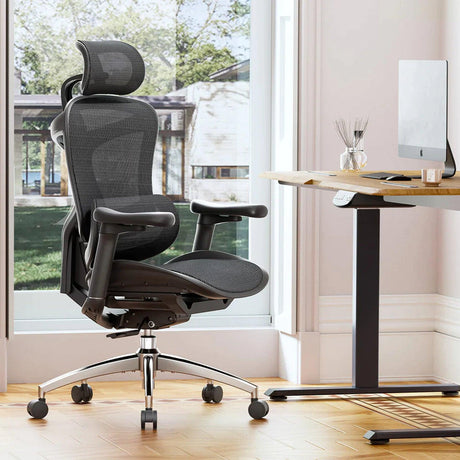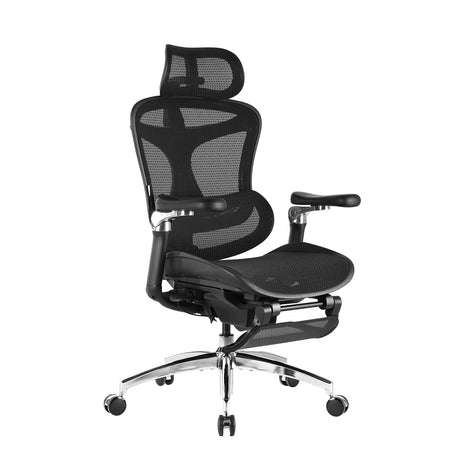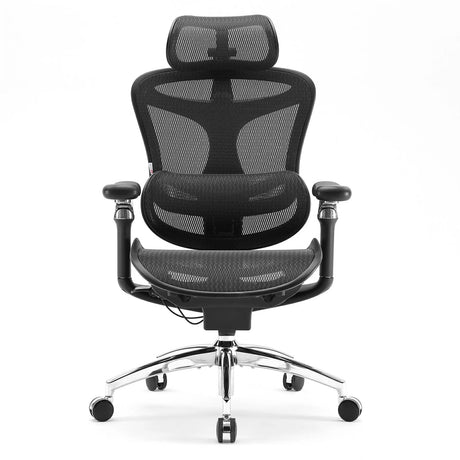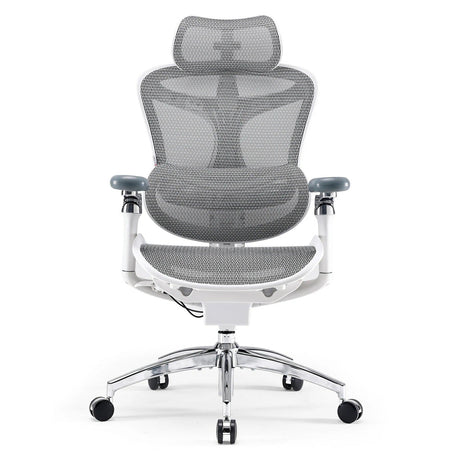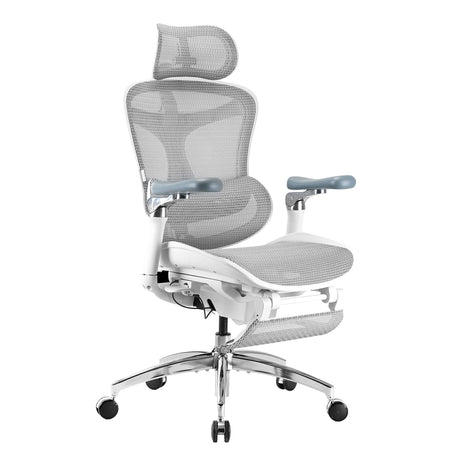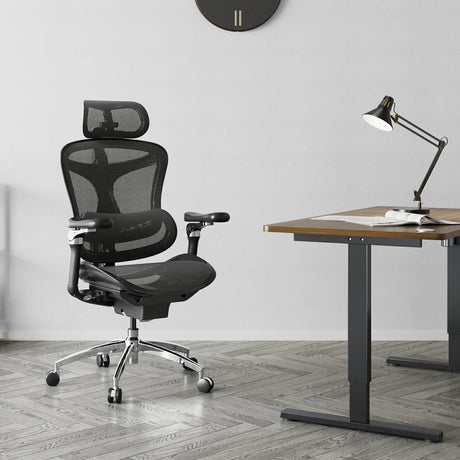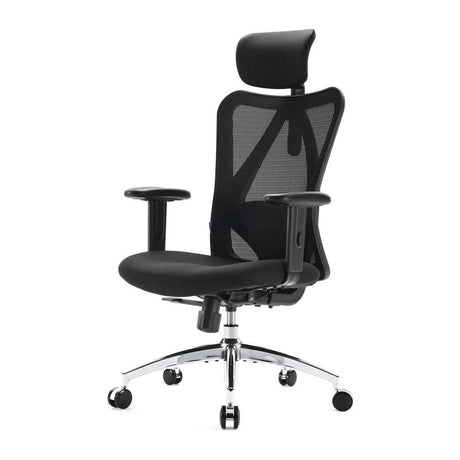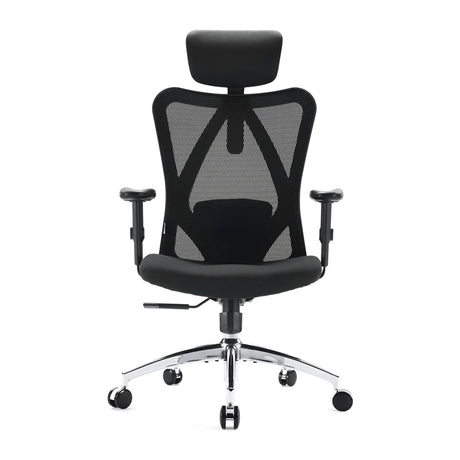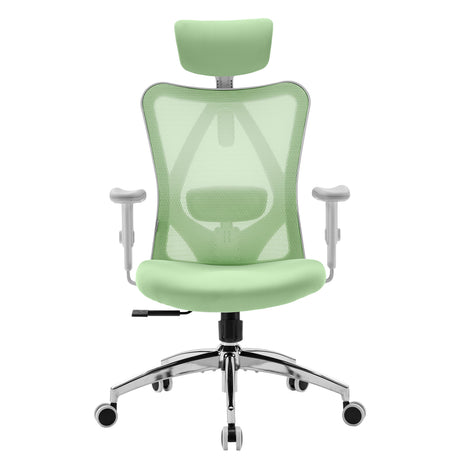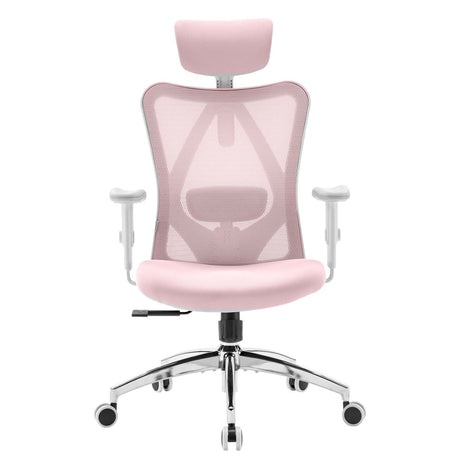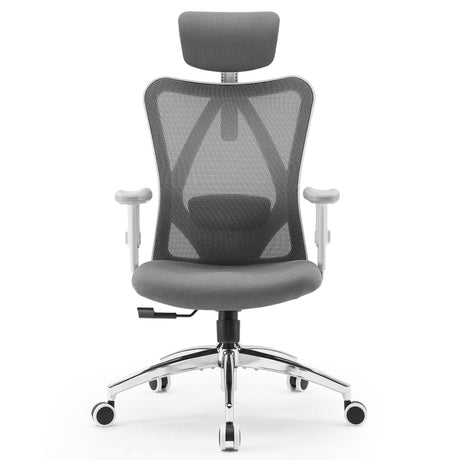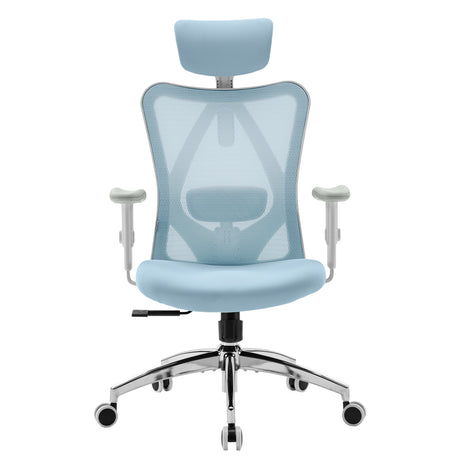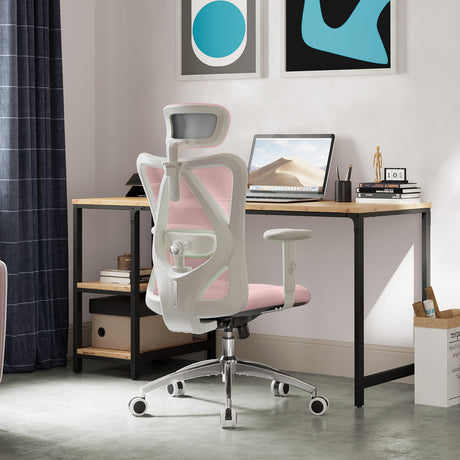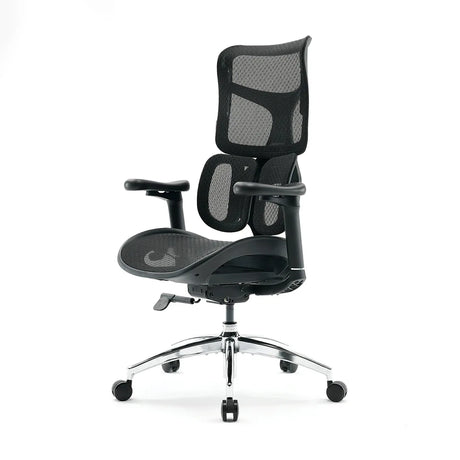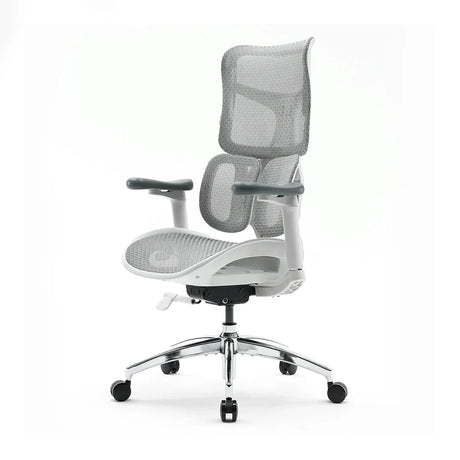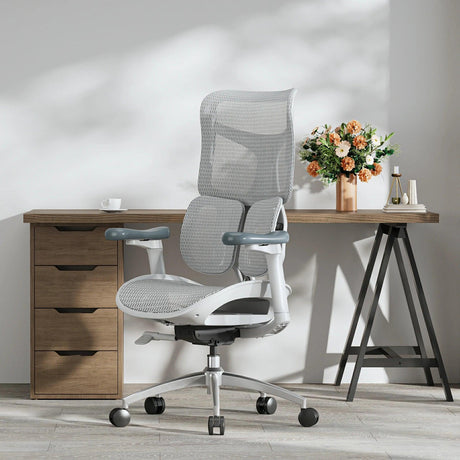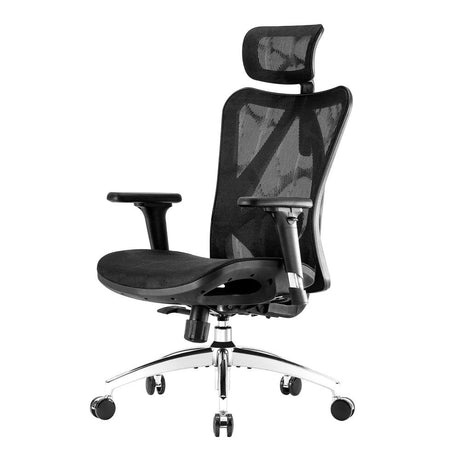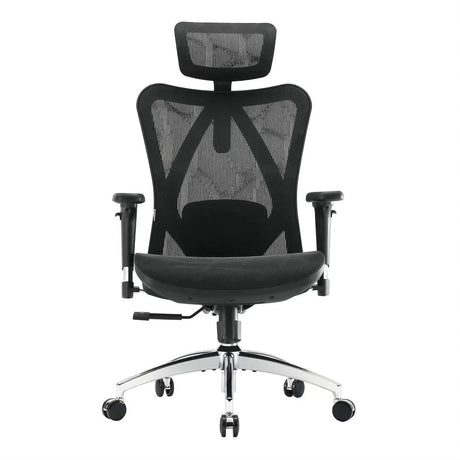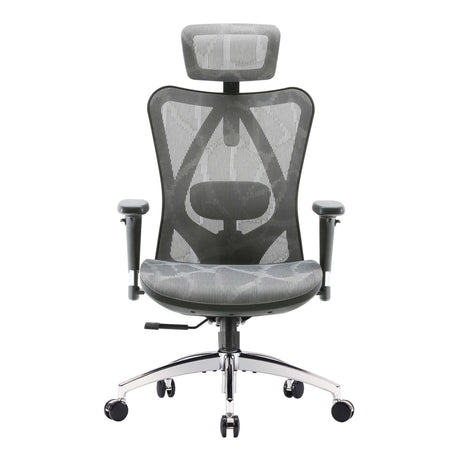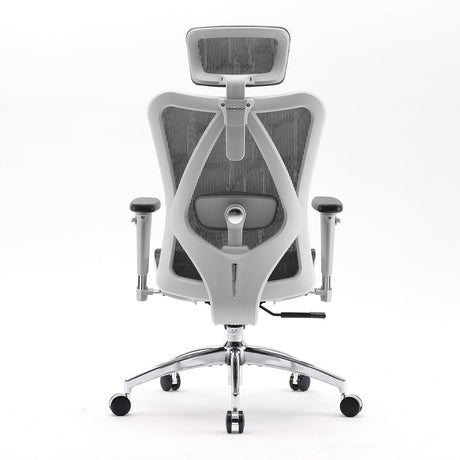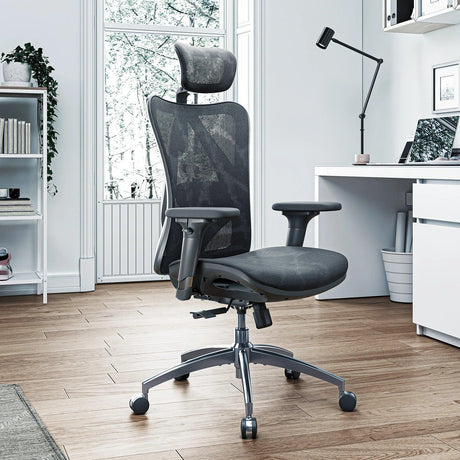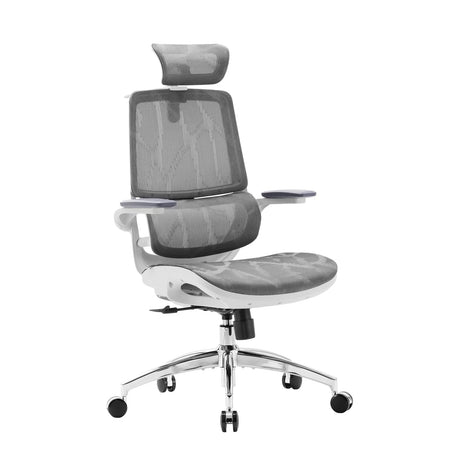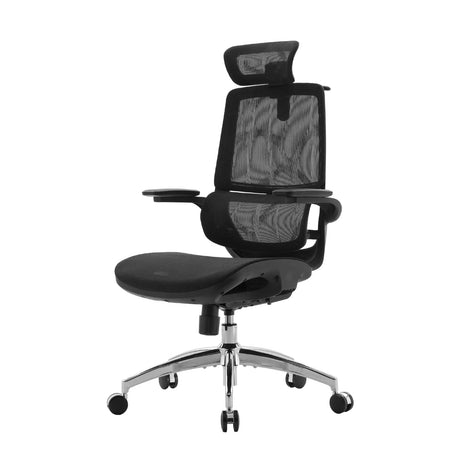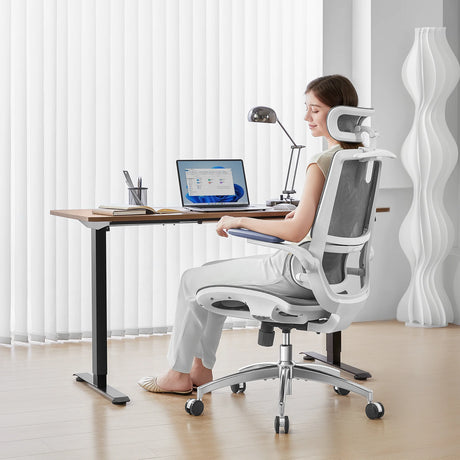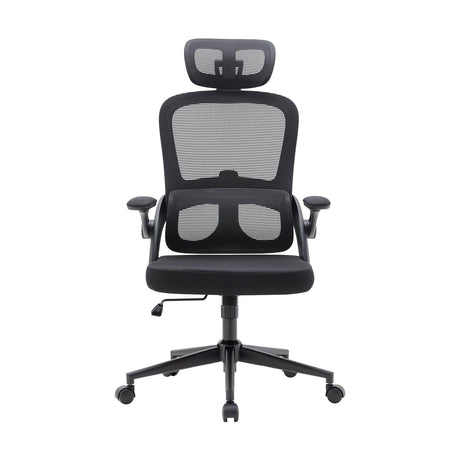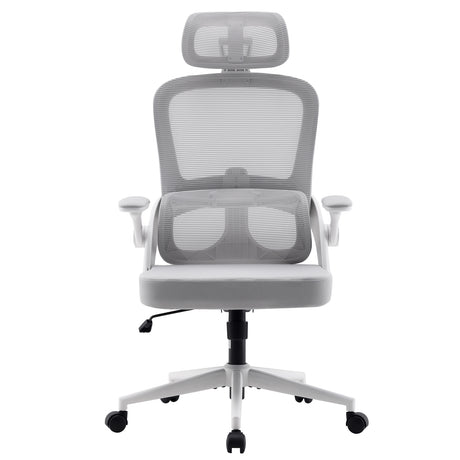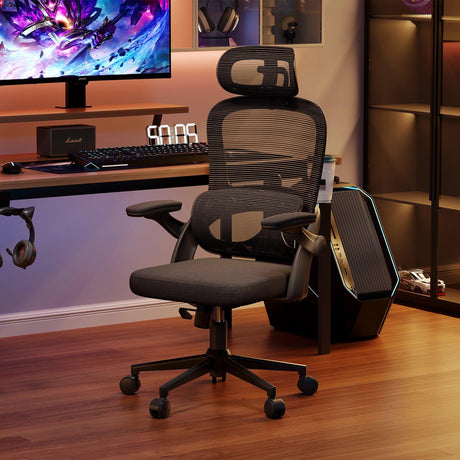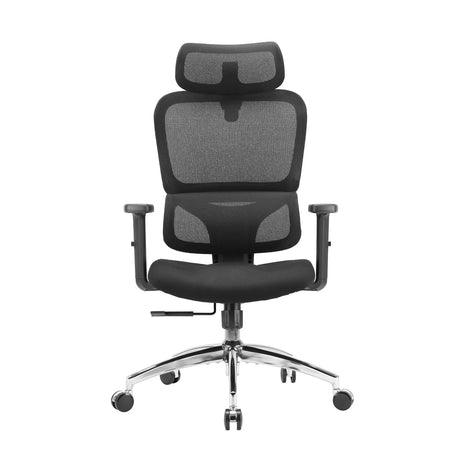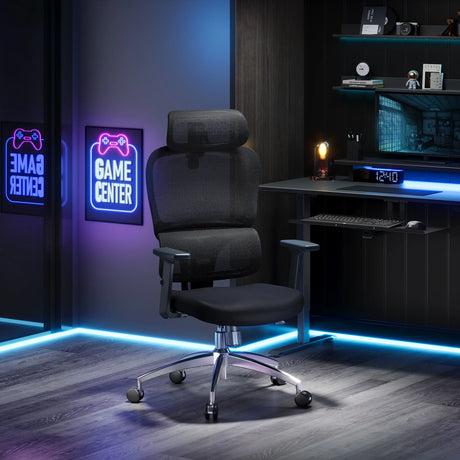Many of us spend hours a day working at a desk, so investing in a quality, ergonomic office chair is essential for our health and productivity. But with so many options on the market, how do you identify a chair that truly offers ergonomic benefits? Here are ten tips to help you select a high-quality ergonomic office chair.
1. Adjustable Seat Height
A good ergonomic chair should have an easily adjustable seat height. The optimal seat height allows your feet to be flat on the floor, with your thighs parallel to the ground and your arms even with the height of the desk. Look for chairs with pneumatic adjustment levers that can be manipulated from a seated position.
2. Proper Seat Depth and Width
The seat should have enough depth and width to support any user comfortably. The standard width is 17-20 inches, and the depth should be sufficient to sit with your back against the backrest while leaving approximately 2-4 inches between the back of your knees and the seat. An adjustable seat depth feature is a bonus, accommodating users of different heights.
3. Lumbar Support
One of the most crucial features of an ergonomic chair is proper lumbar support. The lower back support should be adjustable in height and depth. This support prevents slouching and reduces strain on the lower spine, which can cause back pain. Chairs with dynamic lumbar support that adjust as you move are particularly beneficial.
4. Adjustable Backrest
The backrest of the chair should be adjustable both in angle and height. It should follow the natural curve of your spine, providing support to the lumbar, thoracic, and cervical regions. A recline feature can also help relieve some weight from your lower back while improving posture.
5. Seat Material
The material of the seat and backrest should provide enough padding to be comfortable to sit on for extended periods. Breathable materials, such as mesh, are often recommended as they prevent heat build-up and keep you cool during long working hours. High-quality foam or memory foam seats provide good cushioning and support.
6. Armrest Adjustability
Armrests should be adjustable in height and width. Properly adjusted armrests reduce strain on your shoulders and neck, helping to maintain a relaxed upper body. They should allow your arms to rest comfortably with your elbows bent at a 90-degree angle. Some chairs also offer 4D armrests that adjust in height, depth, width, and angle, providing maximum customization.
7. Swivel and Casters
A quality ergonomic chair should swivel easily so you can reach different areas of your desk without straining. Additionally, casters are essential for ease of movement. Look for chairs with durable casters that suit your flooring type – hard casters for carpets and soft casters for hard floors to ensure smooth and safe mobility.
8. Sturdy Base and Frame
The chair’s base should be sturdy and durable, usually featuring a five-point base for optimal stability. The frame should be made of high-quality materials such as aluminum or steel, which ensure longevity and can support the user’s weight without compromising on durability.
9. Recline and Tilt Mechanism
An ergonomic chair should have a good recline and tilt mechanism that allows you to lean back comfortably. This feature helps in reducing the pressure on your spine and encourages movement. Look for chairs with a tilt lock and tension adjustment to set the recline angle to your preference and support your body’s natural movements.
10. Warranty and Brand Reputation
Lastly, consider the warranty and the brand’s reputation. A good warranty indicates the manufacturer’s confidence in their product’s durability and quality. Reputable brands are more likely to produce reliable, ergonomically designed chairs and offer excellent customer service. Read reviews and seek recommendations to ensure you’re purchasing from a trustworthy source.
Conclusion
Choosing a high-quality best ergonomic chairs is a significant investment in your health and productivity. By focusing on these ten essential features – adjustable seat height, proper seat depth and width, lumbar support, adjustable backrest, seat material, armrest adjustability, swivel and casters, sturdy base and frame, recline and tilt mechanism, and warranty and brand reputation – you can find a chair that will support you comfortably through long hours of work. Remember, a well-chosen chair can help prevent musculoskeletal problems, enhance your work efficiency, and contribute to your overall well-being.

